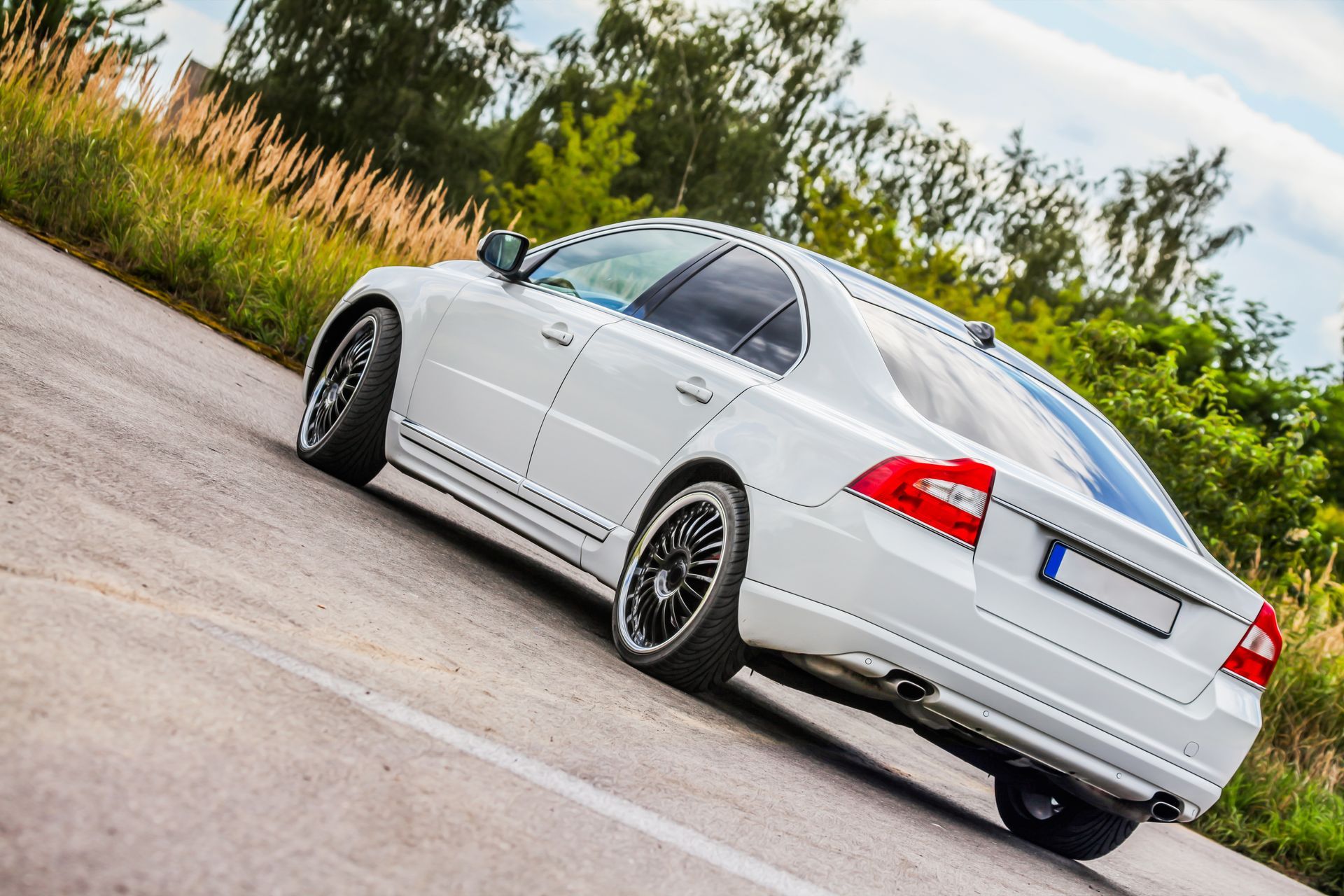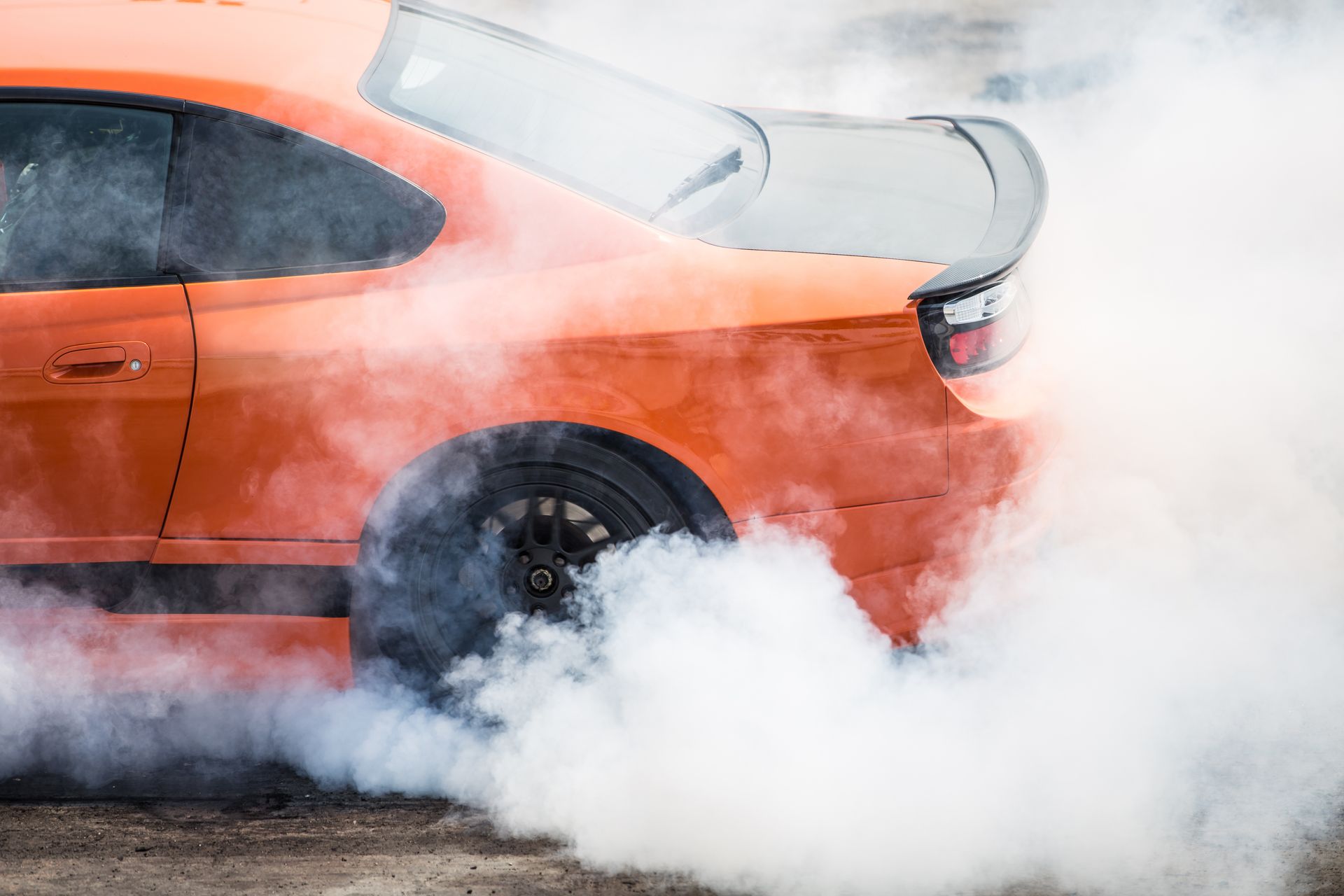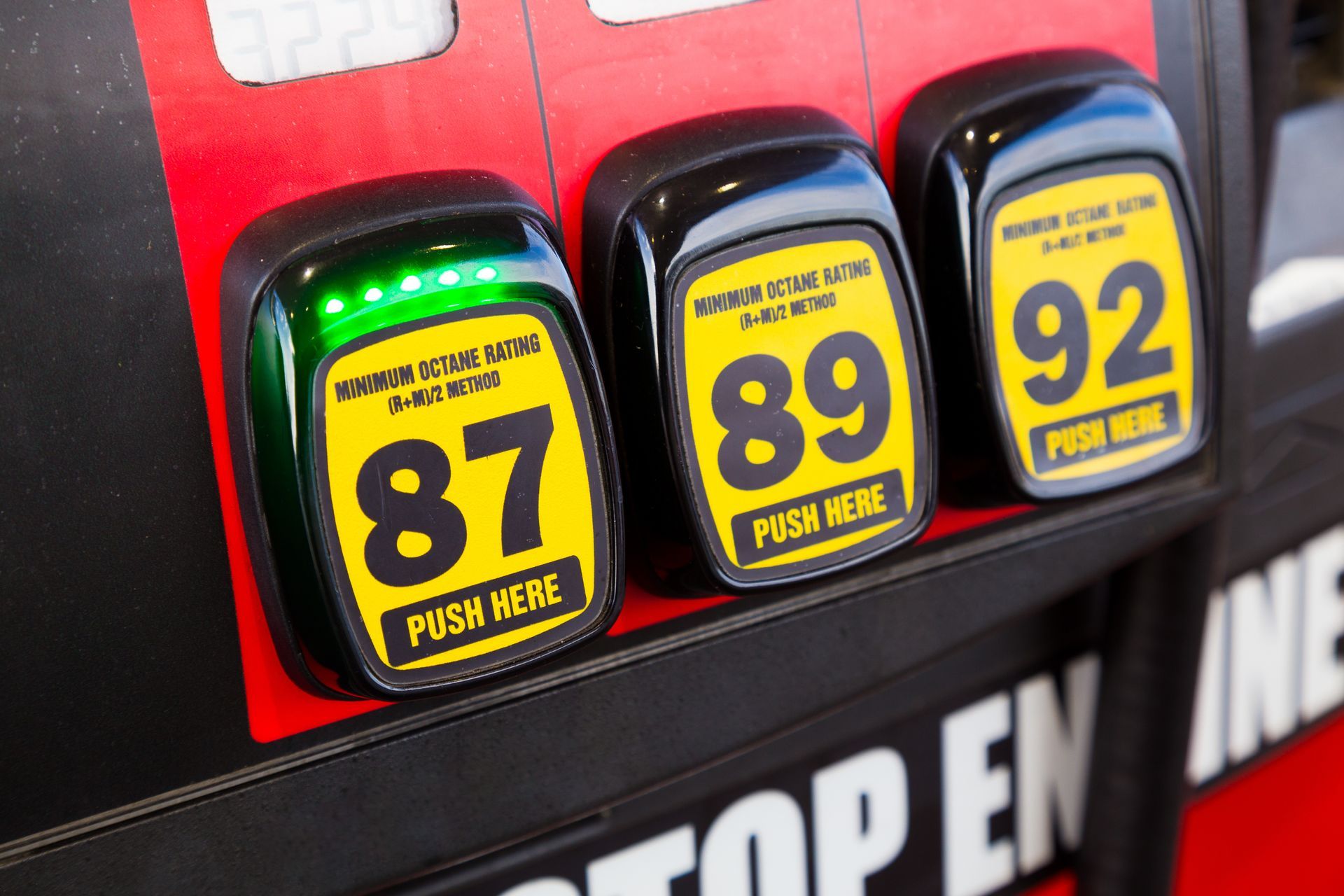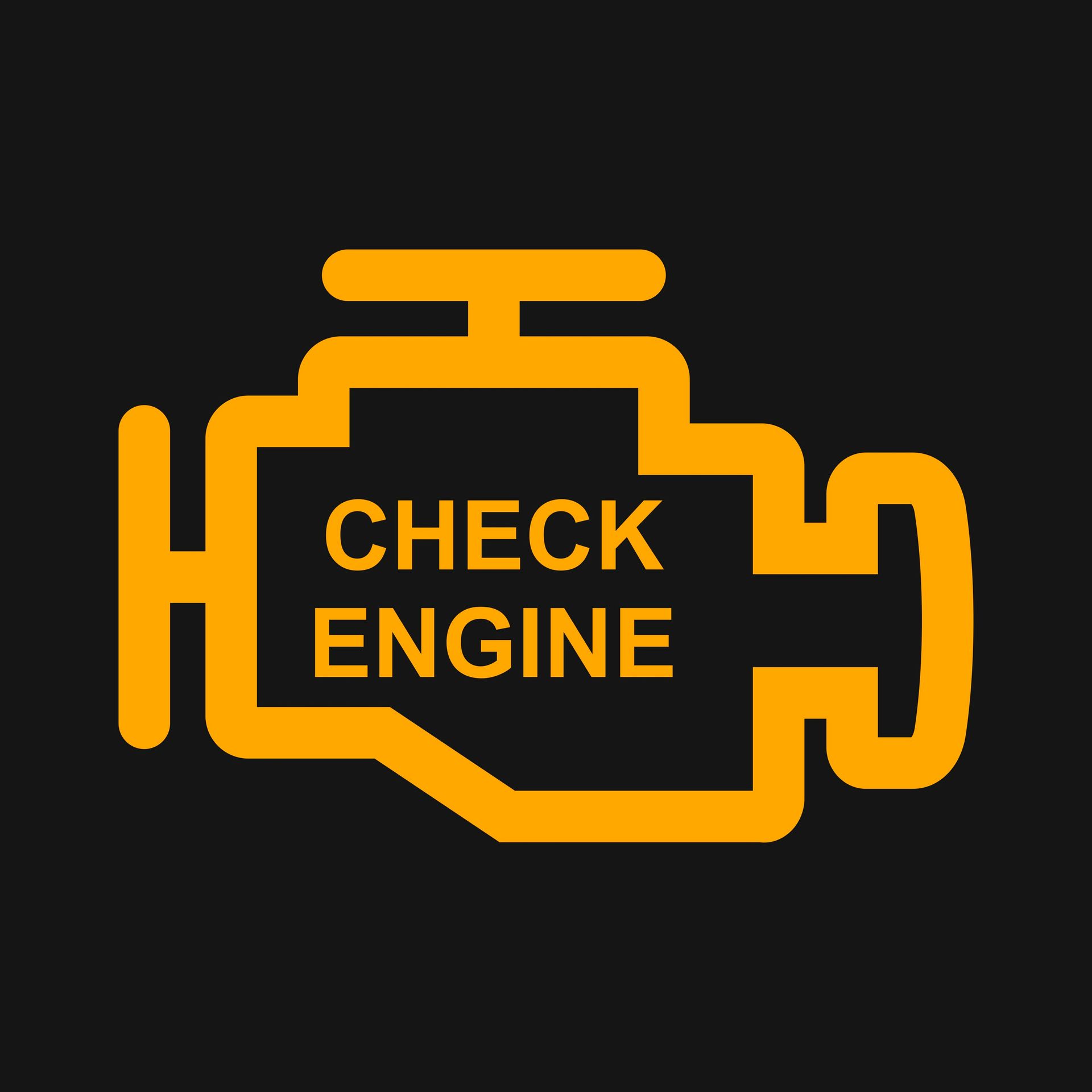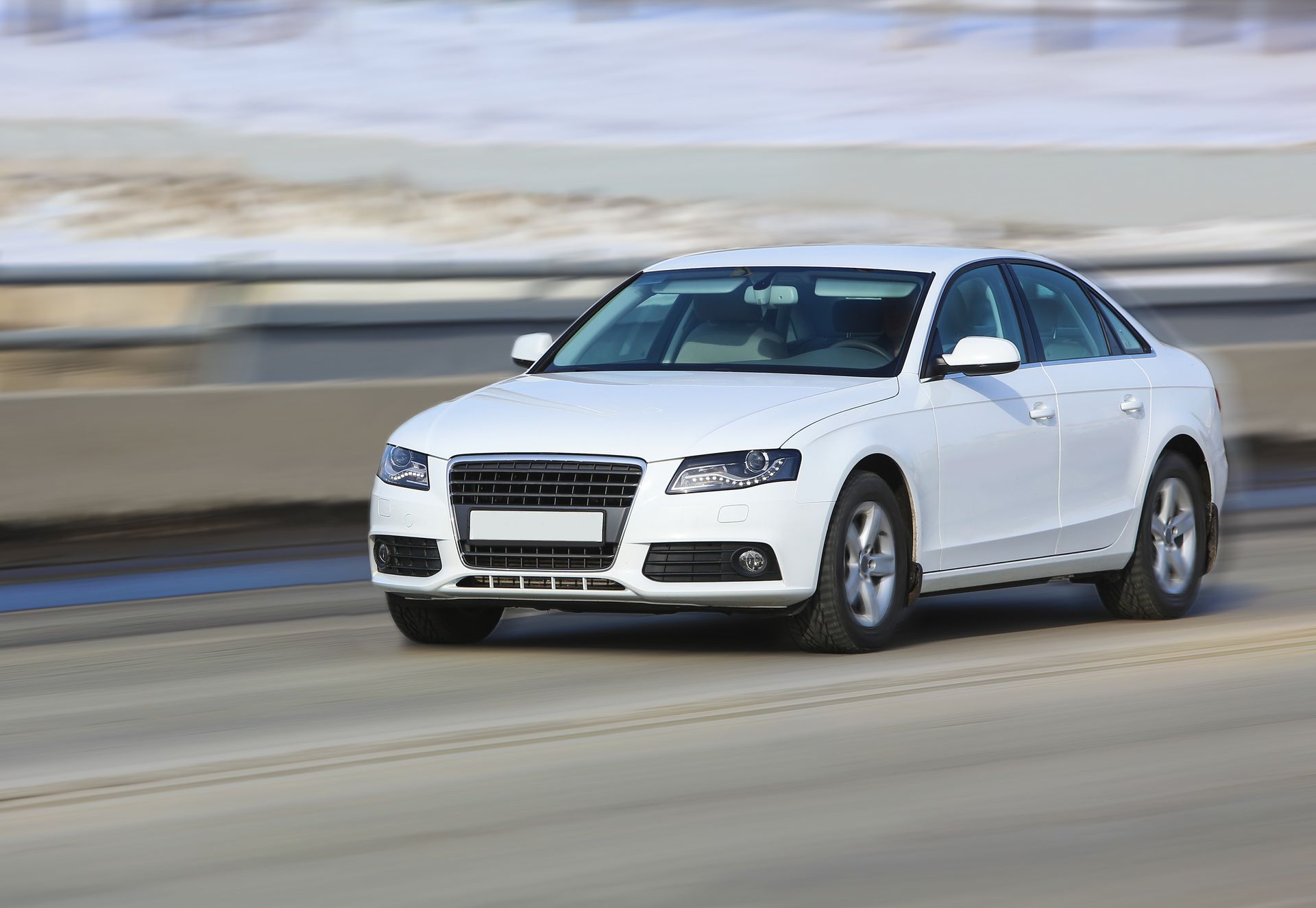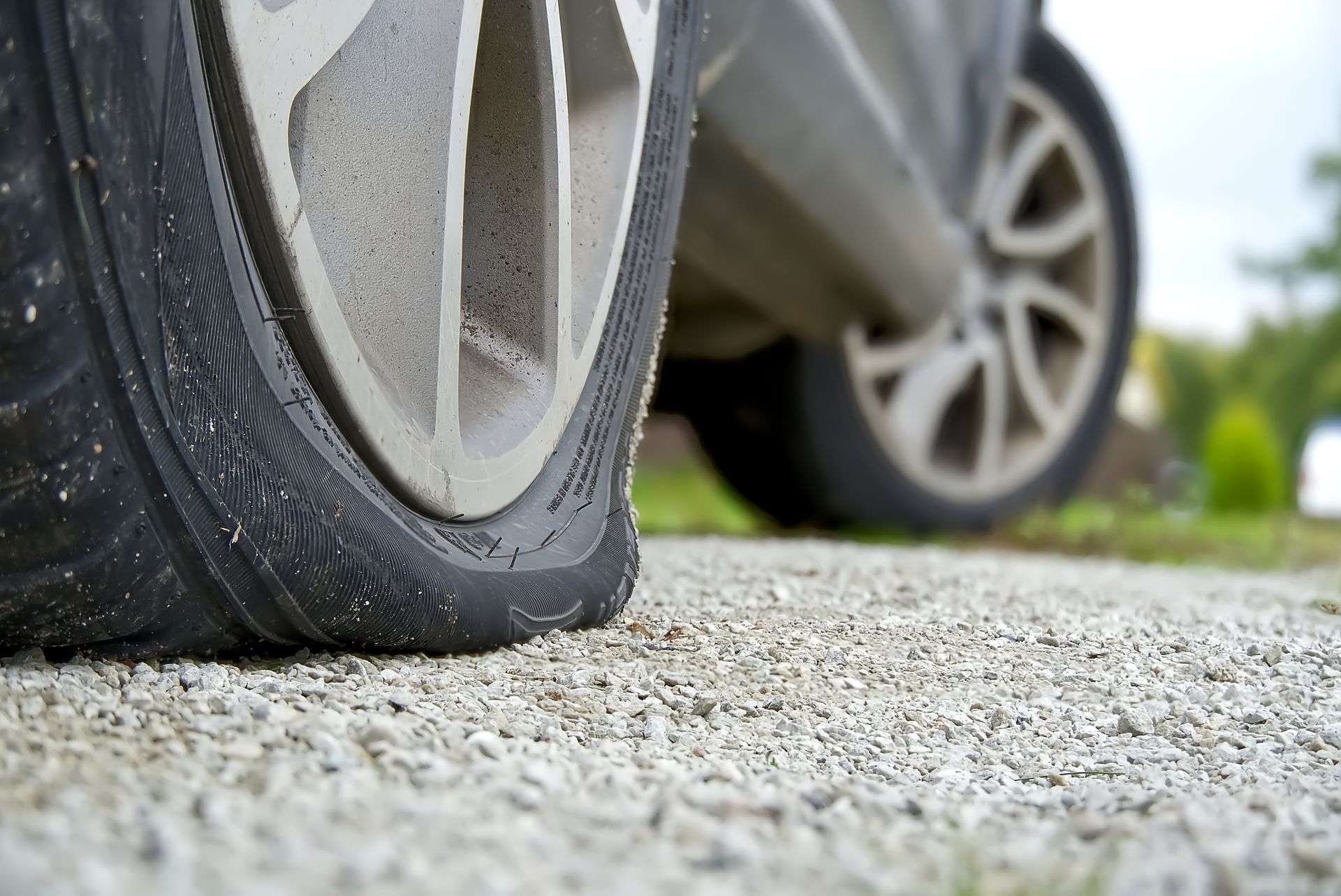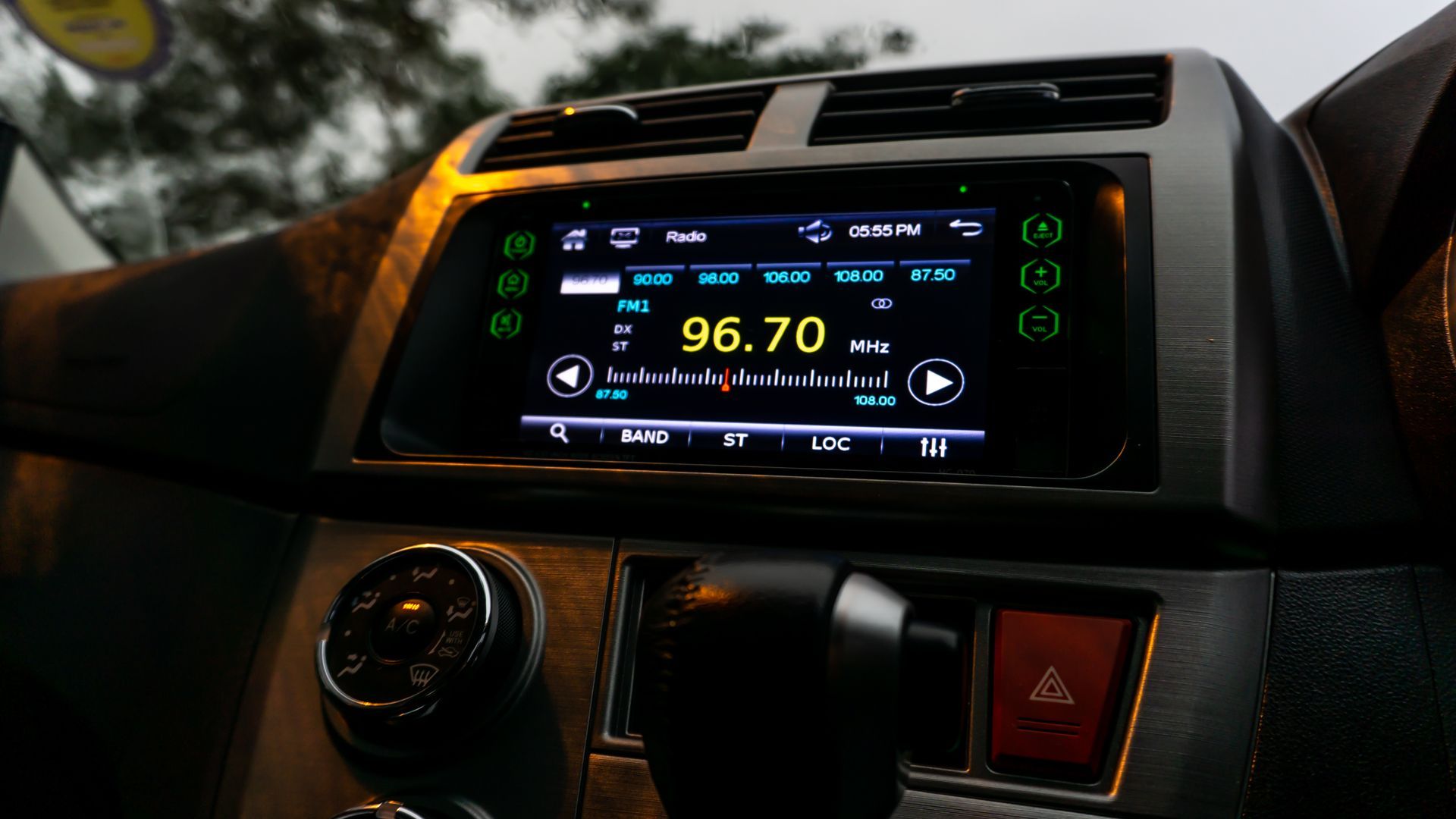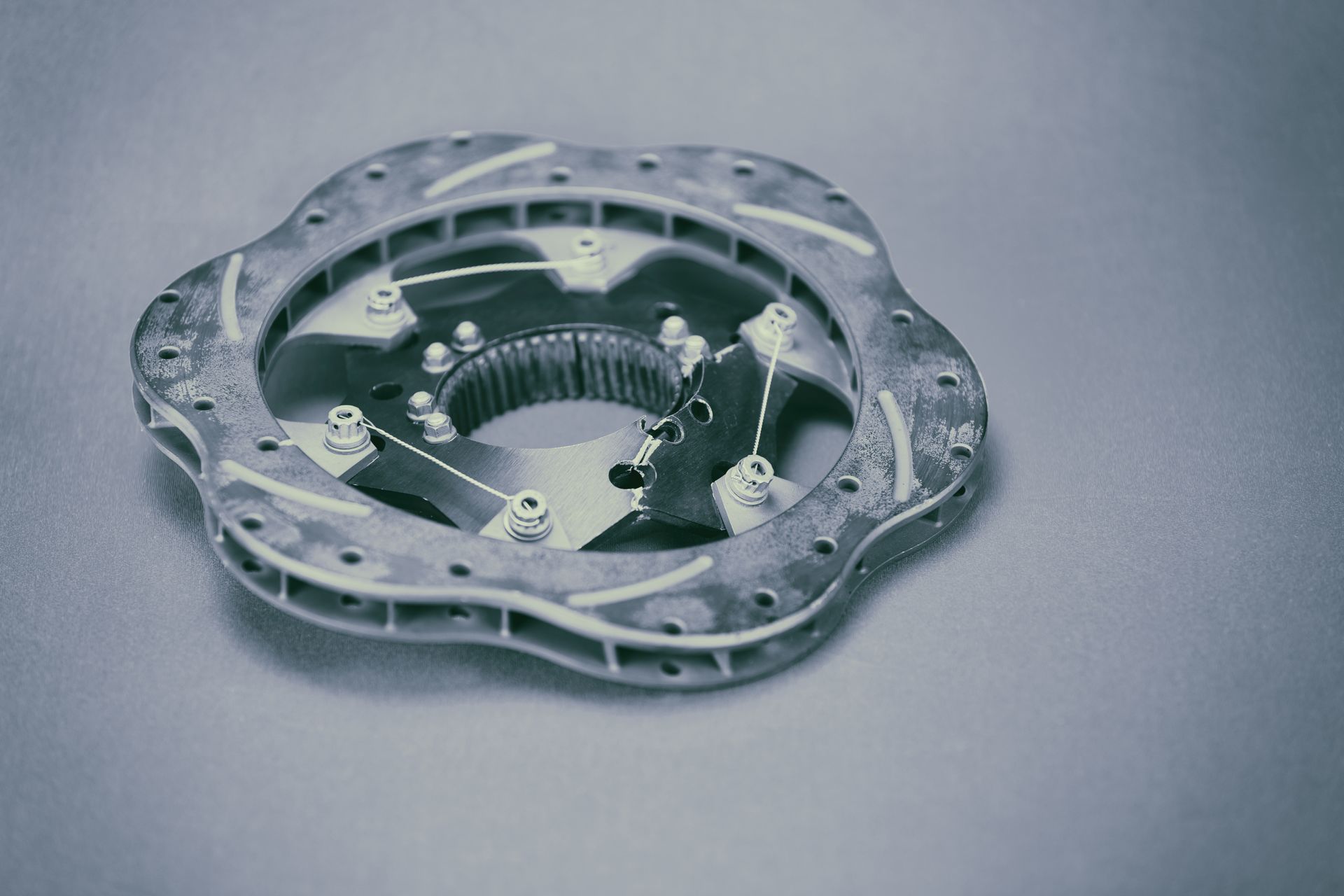Cold winters in Spokane Valley can be tough on your vehicle, especially its battery. While modern car batteries are designed to withstand various conditions, freezing temperatures and the demands of winter driving put them under additional stress. If your battery is already weak or nearing the end of its lifespan, the winter months can be the tipping point that leaves you stranded. Understanding how winter impacts battery performance helps you prepare before problems arise.
Why Cold Weather Reduces Battery Power
Car batteries work by converting chemical energy into electrical energy. Cold weather slows down the chemical reactions inside the battery, reducing its ability to hold and deliver power. At 32°F, a battery can lose up to 20% of its power. At 0°F, it can lose as much as 50%. That means your battery is working with far less capacity at the exact time your car needs more power to start in frigid conditions.
Increased Power Demands in Winter
Starting your vehicle on a freezing morning requires more energy than in warmer months because the engine oil is thicker, making the engine harder to turn over. On top of that, you’re likely running your heater, defroster, and headlights more often, placing even greater demands on the electrical system. If your battery is already weak, these added loads can cause it to fail.
Signs Your Battery May Be Failing
Before winter sets in, watch for early warning signs of battery trouble. These include slow engine cranking, dim headlights, and dashboard warning lights related to the charging system. You might also notice a clicking sound when turning the key, which can indicate the battery doesn’t have enough power to engage the starter motor.
The Role of the Alternator
Your battery doesn’t work alone, it’s supported by the alternator, which charges the battery while the engine runs. If your alternator isn’t working properly, your battery can drain quickly, especially in cold weather when demand is high. Testing both the battery and alternator ensures your vehicle’s charging system is ready for winter.
Corrosion and Connection Issues
Even if your battery has enough charge, corrosion on the terminals or loose connections can prevent it from delivering power effectively. Winter road salt can contribute to corrosion, so it’s important to keep battery terminals clean and connections tight. During an inspection, the technician can remove buildup and apply protective coatings to prevent future issues.
Preventive Steps to Avoid Winter Battery Failure
Test your battery’s voltage and load capacity before cold weather arrives.
Replace older batteries—most last three to five years, and pushing past that can be risky in winter.
Park in a garage or use an insulated battery blanket to help retain heat.
Limit short trips, as they don’t allow the alternator enough time to fully recharge the battery.
Get Winter-Ready With EuroPro Automotive in Spokane Valley, WA
A dead battery in the middle of winter isn’t just inconvenient—it can be dangerous. At EuroPro Automotive in Spokane Valley, WA, we offer comprehensive battery testing, charging system inspections, and replacements to ensure your vehicle is ready for the coldest days.
Schedule your winter prep service today and drive confidently through the season.


